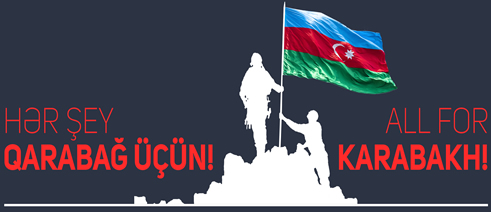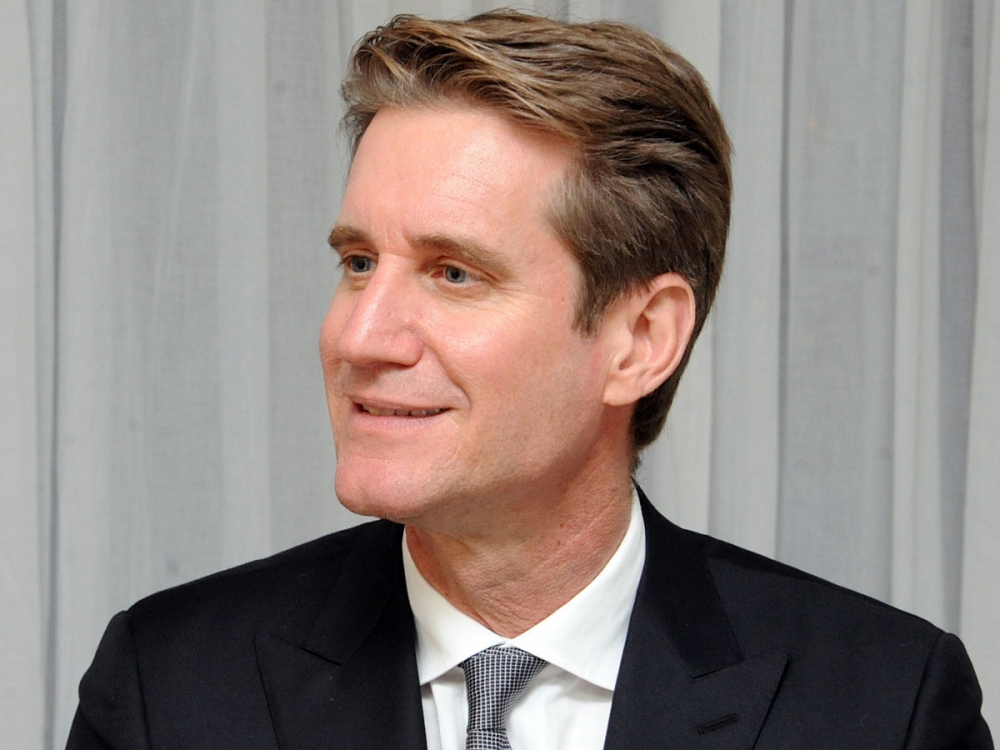


Changing the negotiation format on Nagorno-Karabakh conflict would be unfair, Matthew Bryza, former US ambassador to Azerbaijan and former co-chair of the OSCE Minsk Group, told Trend.
He pointed out that the latest statement issued by the OSCE Minsk Group co-chairs rejects Prime Minister Pashinyan's request for a change in format of the mediation process.
“The statement both encourages both parties to continue negotiating in good faith at the highest political level, and is a call by the Co-Chairs for both parties to embrace the "Basic Principles" of a possible framework agreement for a formal settlement of the Nagorno-Karabakh conflict and refrain from trying to define certain principles as more important than others. Making a change in the format of the Minsk Group as Prime Minister Pashinyan requests would not be fair,” said Bryza.
He went on to add that this latest statement reflects the continuing commitment of the OSCE and the OSCE Minsk Group Co-Chairs to help the leaderships of Azerbaijan and Armenia define a framework agreement for a final and peaceful settlement of the Nagorno-Karabakh conflict.
“As has been the case throughout the history of the Minsk Group, the Co-Chairs welcome in this statement the commitment of President Aliyev and PM Pashinyan to meet under the auspices of the Minsk Group. So, there is nothing unusual or new in this latest statement by the Co-Chairs,” Bryza believes.
He noted that if the leaderships of Azerbaijan and Armenia follow the Co-Chairs' call in this statement to stick with the "Basic Principles" and develop sufficiently productive and trusting relations with each other, then the prospects for a breakthrough in negotiations could be stronger, especially if both sides continue preparing their citizens for peace.
“But, it is not yet clear that the leaderships of the two countries will be able to develop the required level of trust in each other to make the politically difficult compromises required to achieve such a breakthrough. Encouragement from the presidents of the United States, France, and Russia could help in this regard,” Bryza concluded.
The conflict between the two South Caucasus countries began in 1988 when Armenia made territorial claims against Azerbaijan. As a result of the ensuing war, in 1992 Armenian armed forces occupied 20 percent of Azerbaijan, including the Nagorno-Karabakh region and seven surrounding districts.
The 1994 ceasefire agreement was followed by peace negotiations. Armenia has not yet implemented four UN Security Council resolutions on withdrawal of its armed forces from the Nagorno-Karabakh and the surrounding districts.